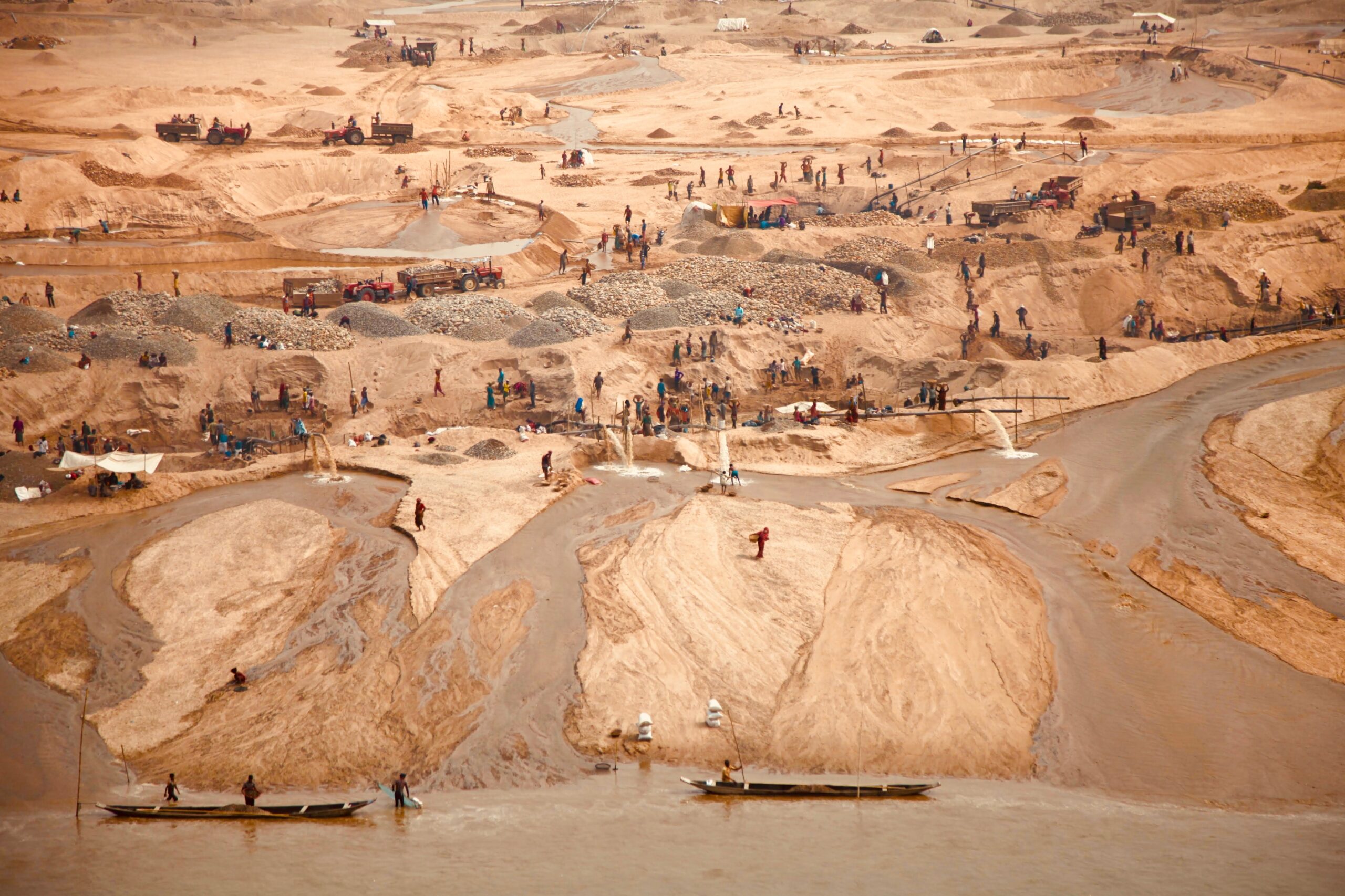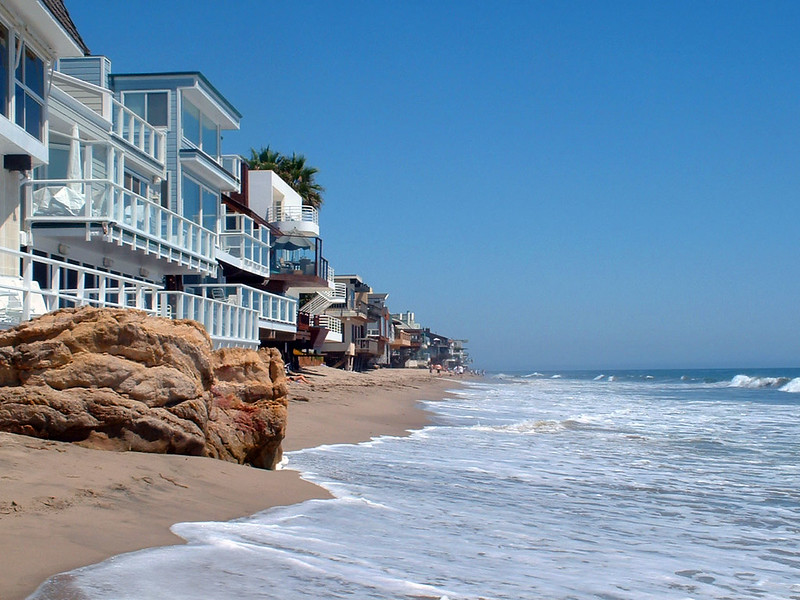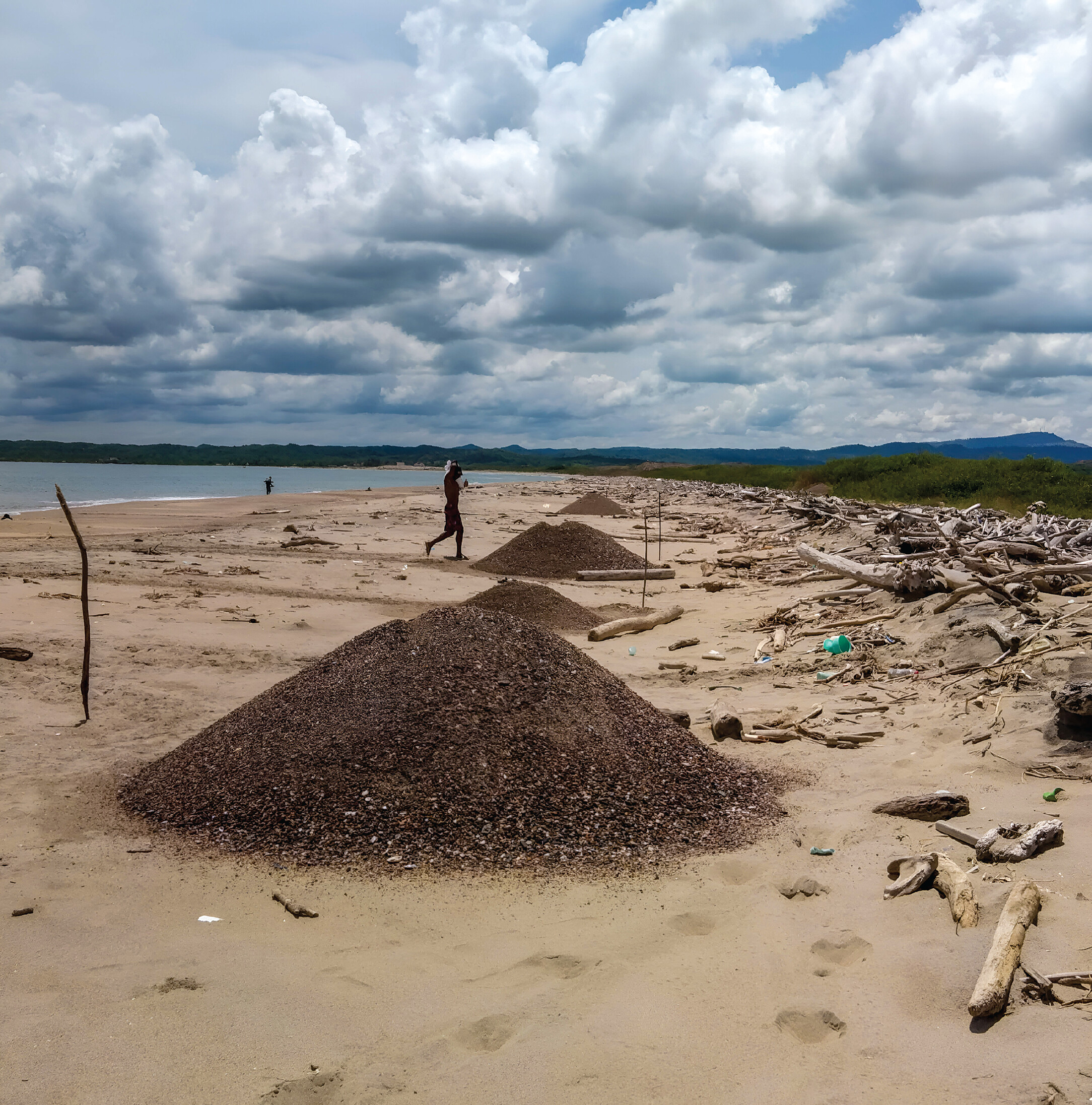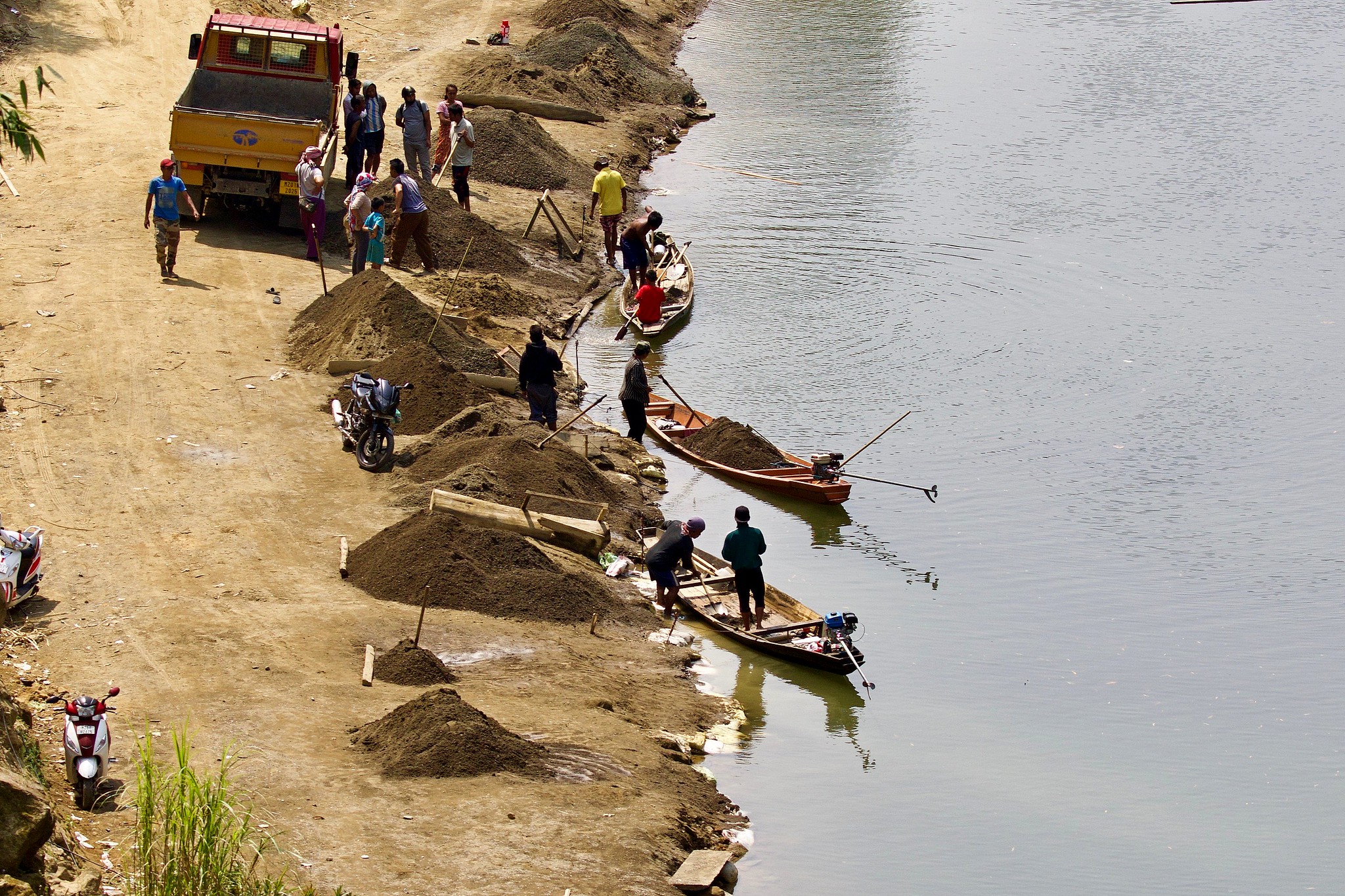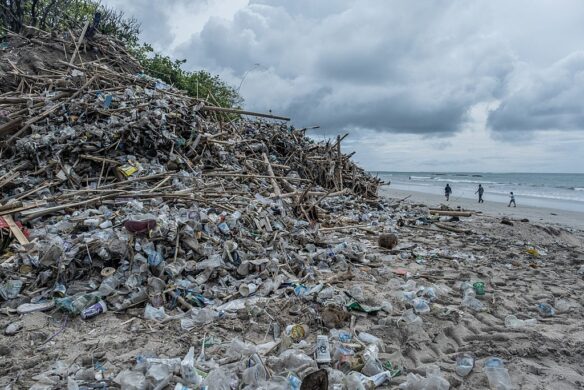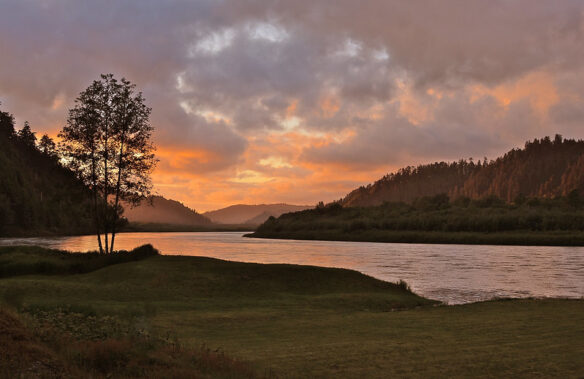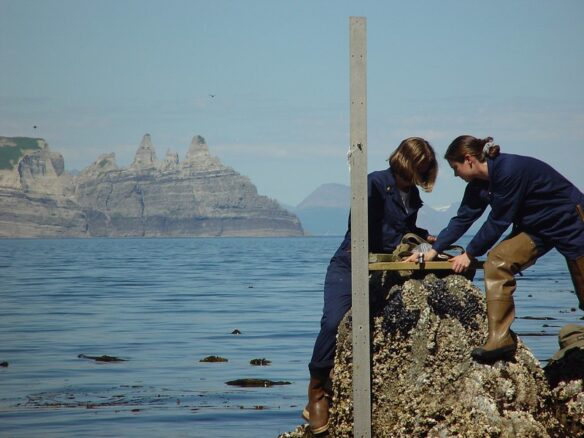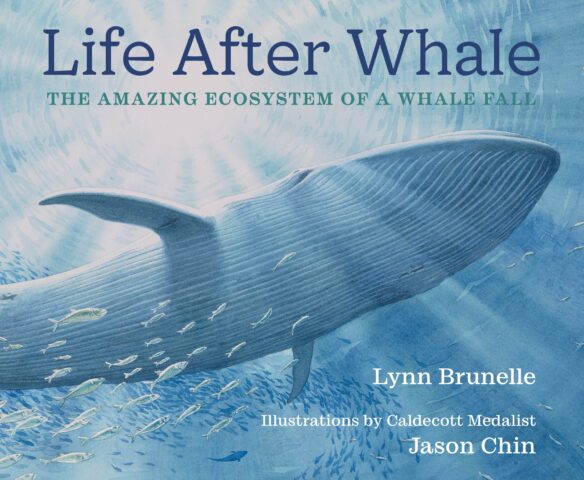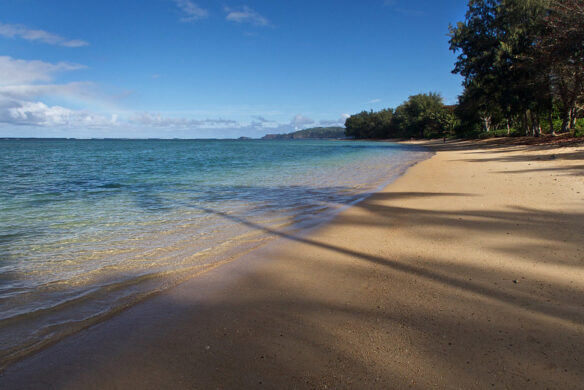“Sand is the foundation of human construction and a fundamental ingredient in concrete, asphalt, glass and other building materials. But sand, like other natural resources, is limited and its ungoverned extraction is driving erosion, flooding, the salination of aquifers and the collapse of coastal defences…” – The United Nations Environment Programme (UNEP) February 2023
Forbes:
How Sand Mining Is Quietly Creating A Major Global Environmental Crisis
Vice News:
Illegal Sand Mining Is Ruining These Countries’ Ecosystems
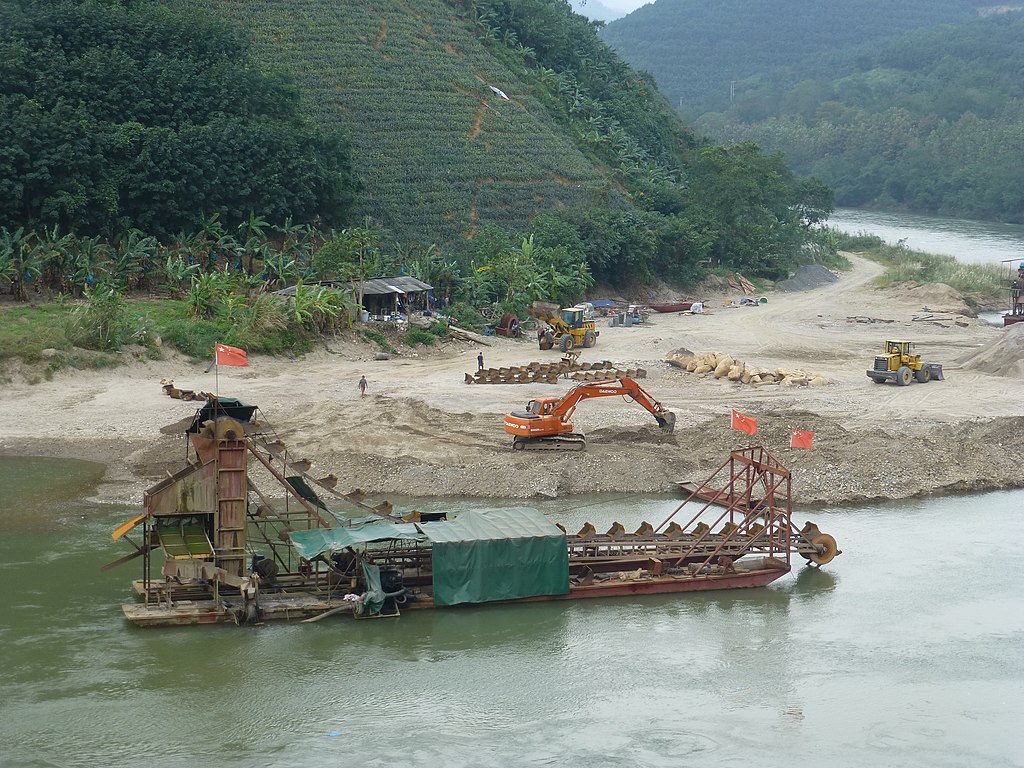
Excerpt:
The United Nations Environment Programme (UNEP) has partnered with Kenyan spoken word poet Beatrice Kariuki to shed light on the problems associated with sand mining, part of a wider push towards a zero waste world.
“We must redouble our efforts to build a circular economy, and take rubble to build structures anew,” Kariuki says in a new video. “Because without new thinking, the sands of time will run out.”
Sand is the second-most used resource on Earth, after water. It is often dredged from rivers, dug up along coastlines and mined. The 50 billion tonnes of sand thought to be extracted for construction every year is enough to build a nine-storey wall around the planet.
A 2022 report from UNEP, titled Sand and Sustainability: 10 Strategic Recommendations to Avert a Crisis, found that sand extraction is rising about 6 per cent annually, a rate it called unsustainable. The study outlined the scale of the problem and the lack of governance, calling for sand to be “recognized as a strategic resource” and for “its extraction and use… to be rethought…”
SHARE THIS ARTICLE
Additional Reading:
Our use of sand brings us “up against the wall”, says UNEP report
Sand and Sustainability: 10 Strategic Recommendations to Avert a Crisis
The role of resource extraction in a “circular” world
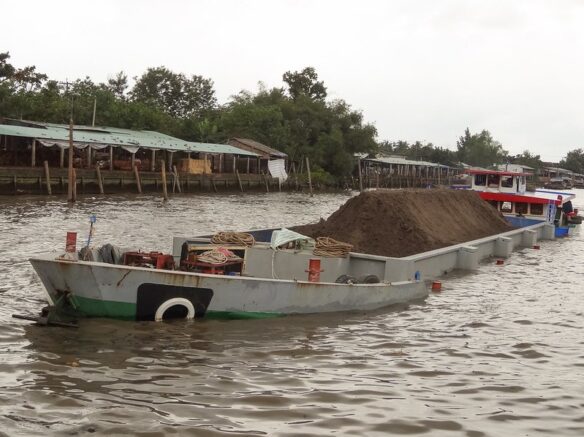
Excerpt:
Police have recommended Nguyen Thanh Binh, the former chairman of the people’s committee in An Giang province in the Mekong river delta, be charged with power abuse, according to Public Security News, the official mouthpiece of the Ministry of Public Security…
Binh, 59, and other officials ordered subordinates to issue a sand mining licence to the Trung Hau 68 company “in return for material gains”, even though it did not qualify, state-controlled news site VNExpress said, citing police.
Between December 2021 and July 2023, the company mined over five million cubic metres of sand, supplying over a million cubic metres to a local road project and selling the rest for around $11.5 million, according to Public Security News.
In a 2023 report from conservation group WWF, experts warned that sand mining to feed Vietnam’s construction boom was depleting resources so fast that the Mekong Delta — the country’s “rice bowl” — could run out in just over a decade…
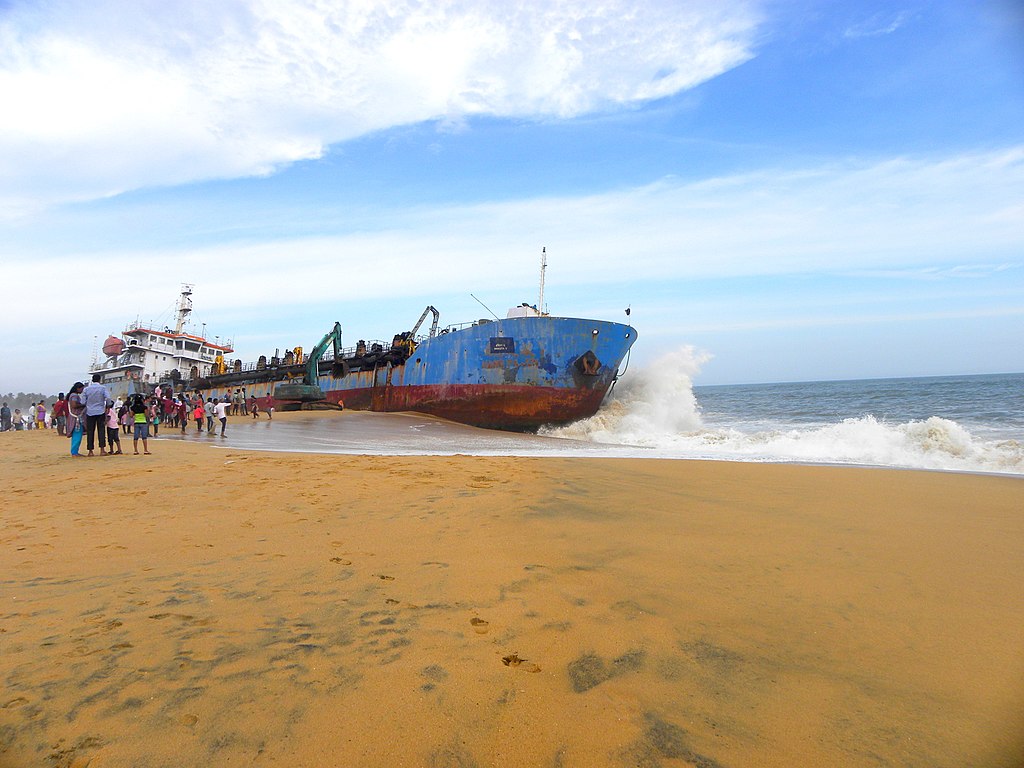
Excerpt:
The greed for grains of sand comes at an ecological disaster and fatal human cost; murders and other associated crimes which have taken a toll on poverty-stricken communities, particularly women.
The ERC investigation, Beneath the Sands, exposes how greed for grains of sand comes at a fatal human cost: As cities rise in number and countries urbanize rapidly, sand mining-related murders and other associated crimes have taken a toll on poverty-stricken communities.
We documented sand-related crimes happening in Vietnam, Sri Lanka, Nepal, Philippines and India, from tax evasion, trespassing to threats stalking activists to people caught in the crossfire between gangs known as ‘sand mafias.’
Finally, we look at how sand mining impacted the women in Cambodia, India, Kenya, and Indonesia. From home to the streets, women are on the frontlines in the resistance against these powerful sand mining operations.
Here are the stories they uncovered…
Read other articles in the series :
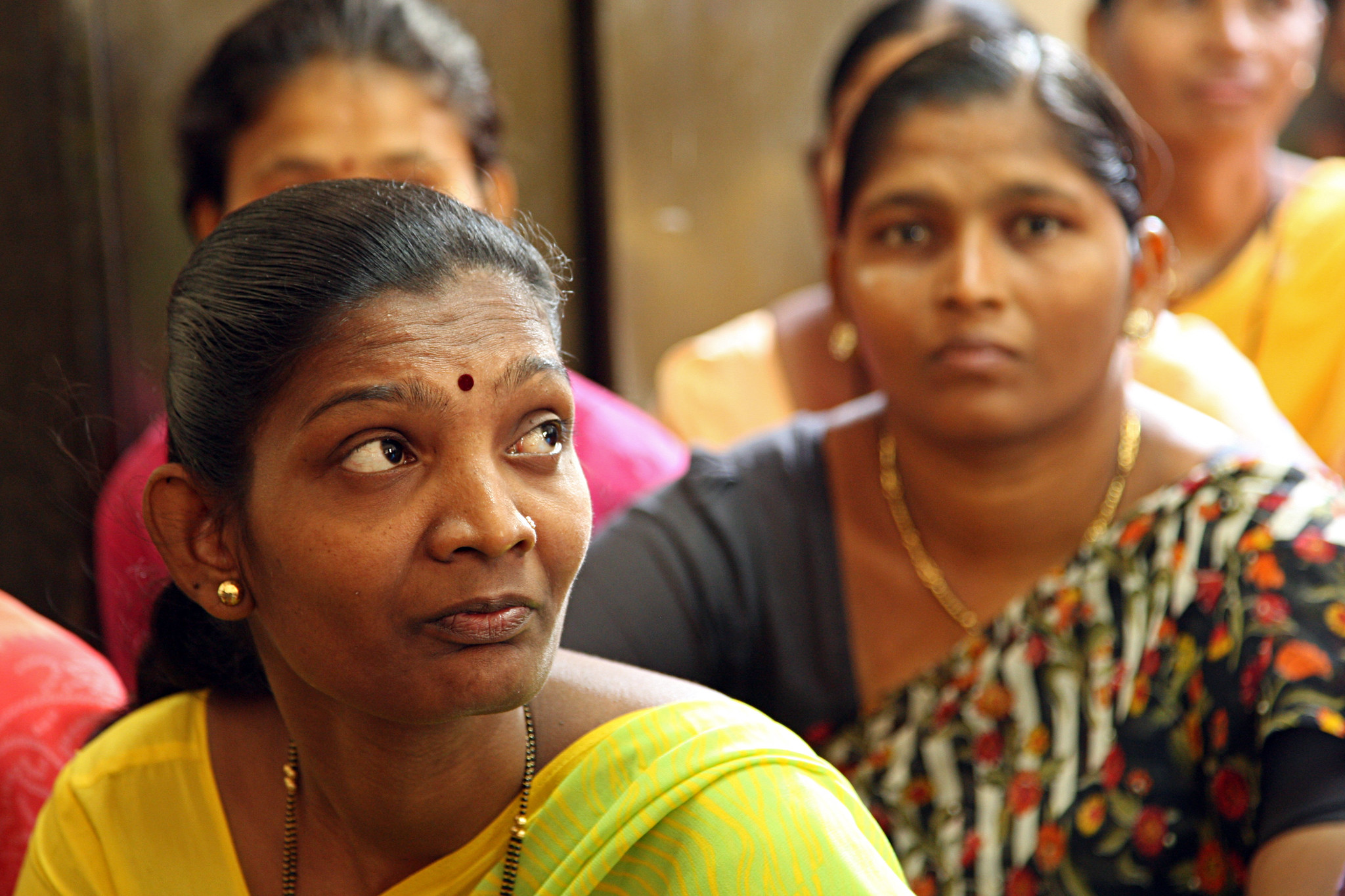
Women against the grain – Beneath the Sands ERC
Women in Cambodia, India, Kenya and Indonesia share how they are on the frontlines in the resistance against powerful sand mining operations in their communities.
In a trade that is dominated and driven by men, women often bear the burden of the negative social and environmental impacts from sand mining activities across the world. This is evident in much of our reporting on the global industry. As is common with many environmental issues we face today, we feel that the disproportionate burden to women is a heavily underreported issue…
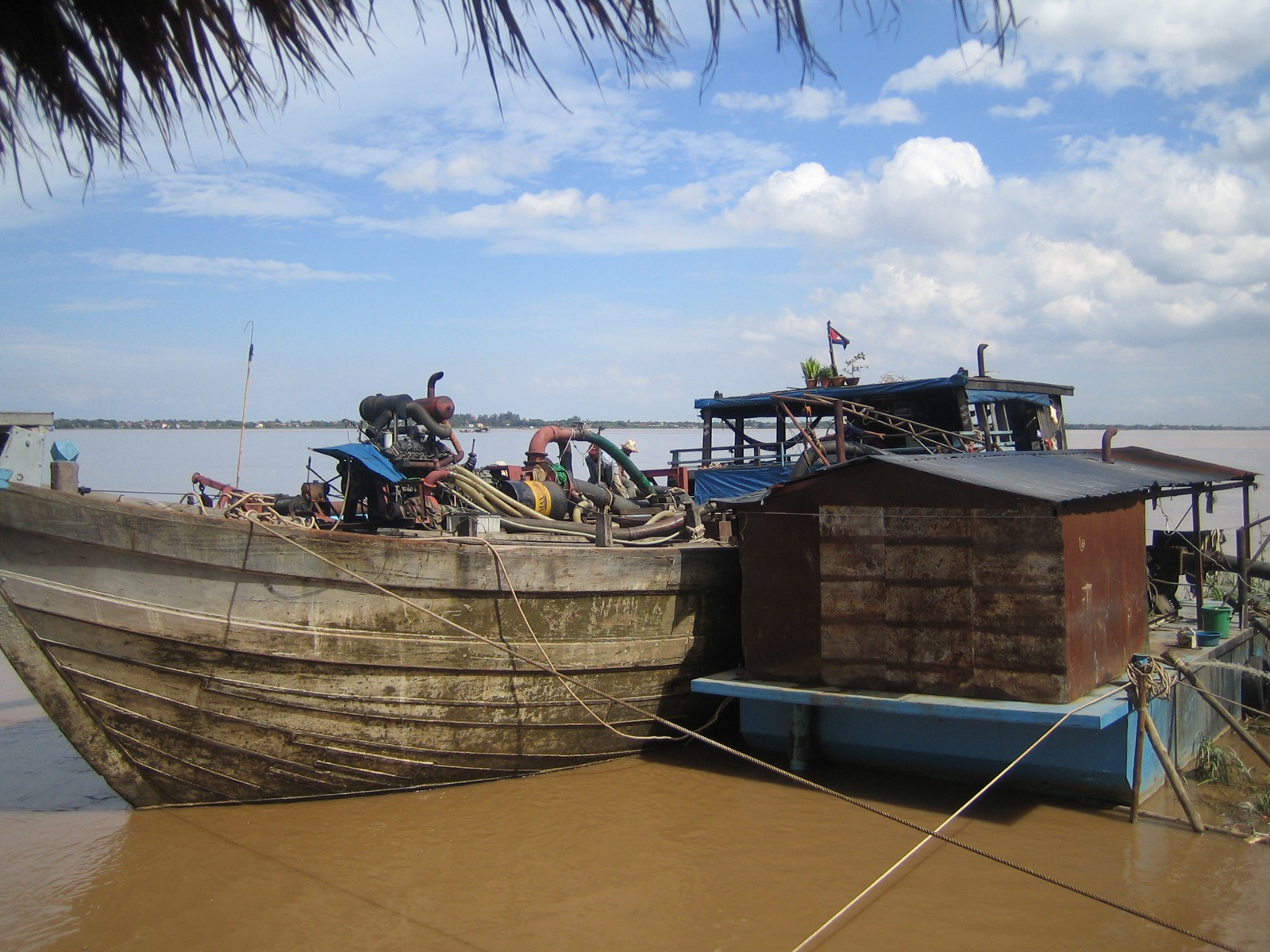
We can’t run away – Beneath the Sands ERC
The rise in sand demand endangers the lives of children, laborers, journalists and environmental defenders.
Greed over grains of sand has a fatal human cost: As cities rise and countries urbanize, sand-related murders and other associated crimes have taken a toll on poverty-stricken communities.
In parts of the globe, where sand is extracted, criminal gangs and sand mafias control the multi-billion dollar trade, spawning violence in land-rich, developing nations. On their trail are hundreds of people — miners, journalists and environmental defenders — reported to have been killed, imprisoned or threatened…
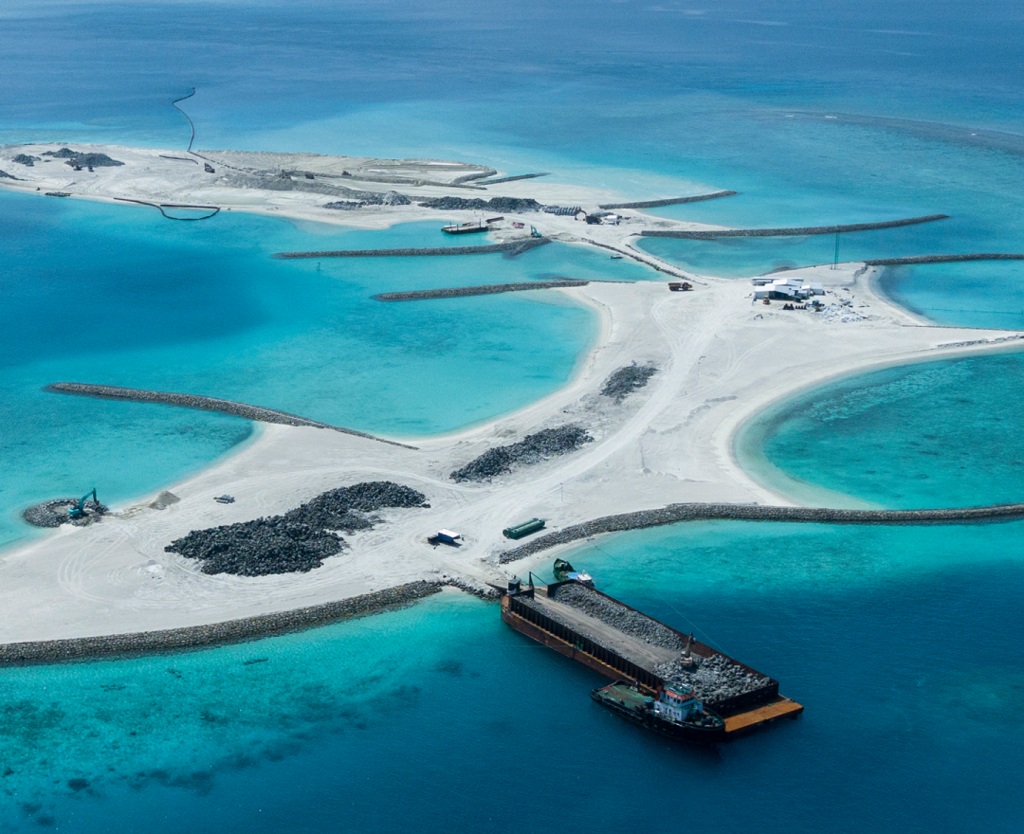
Reclamation: A flawed solution – Beneath the Sands ERC
A deep dive into the rationale behind some of Asia’s reclamation projects, the toll they take on our environment and communities, and the search for more sustainable alternatives.
Reclamation is seen as a solution for countries to deal with increasing land demands, by expanding their territory and rehabilitating previously uninhabitable lands or seas. Yet, the process guzzles an alarming amount of sand, causing massive environmental damage as well as a rise of transnational criminal syndicates trading in illegal sand..
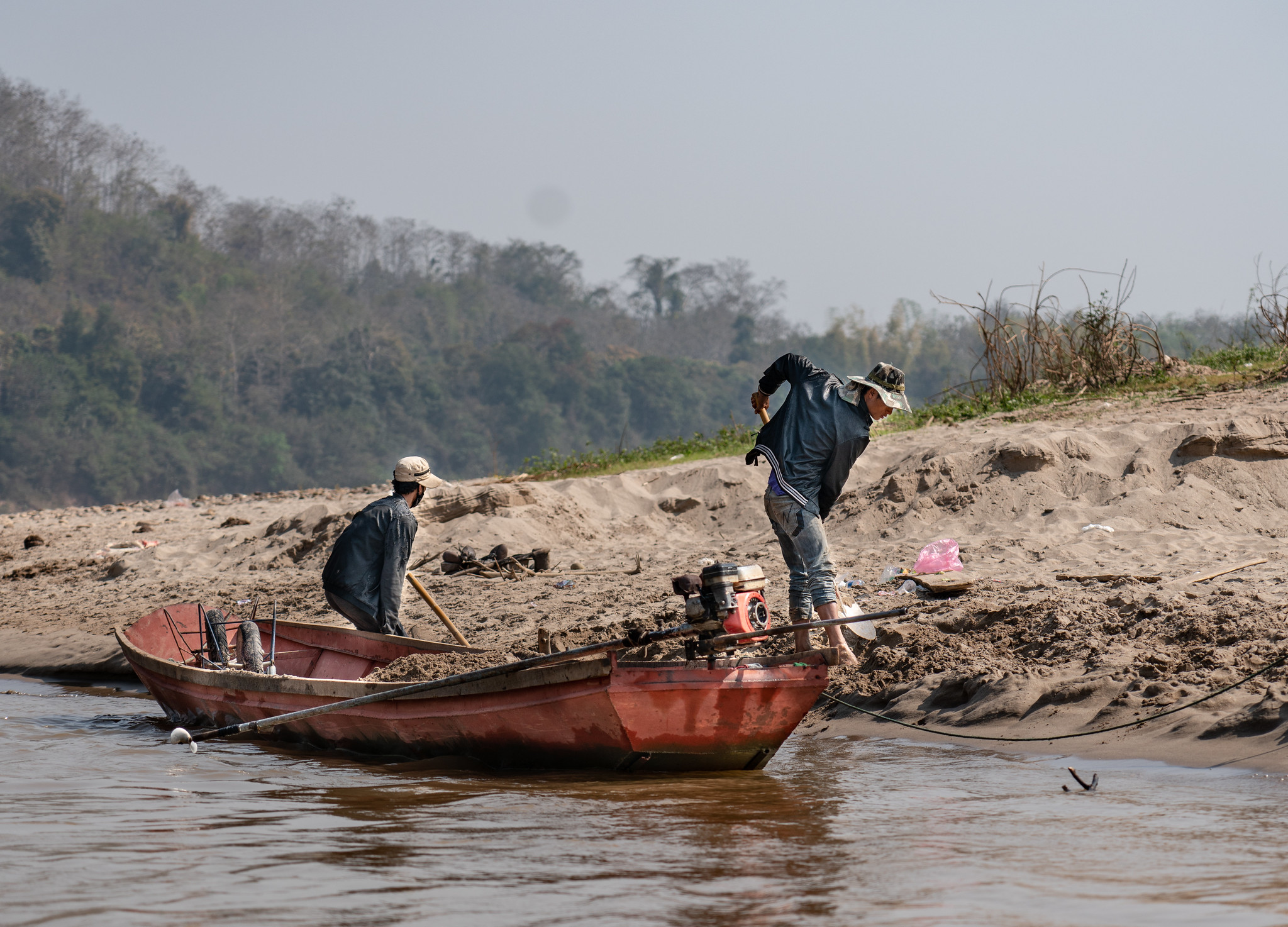
Nowhere to fish, nowhere to farm – Beneath the Sands ERC
Across Asia and Africa, countries are dealing with massive sand mining that destroys fishing grounds, farmlands, and homes.
Beting Aceh, an island in Riau Province, Indonesia, has been Eryanto’s home for 40 years. The island is known for its white sandy beaches and clean ocean water; more than half its residents are fishers.
But the island has drastically changed over the past two years. The ocean water is getting murky, the beach is shrinking, and it has suffered from massive erosion, indicated by the uprooted trees strewn along the coast. Many villagers say the damage is linked to a sand mining operation happening between Beting Aceh and the neighboring Babi Island…
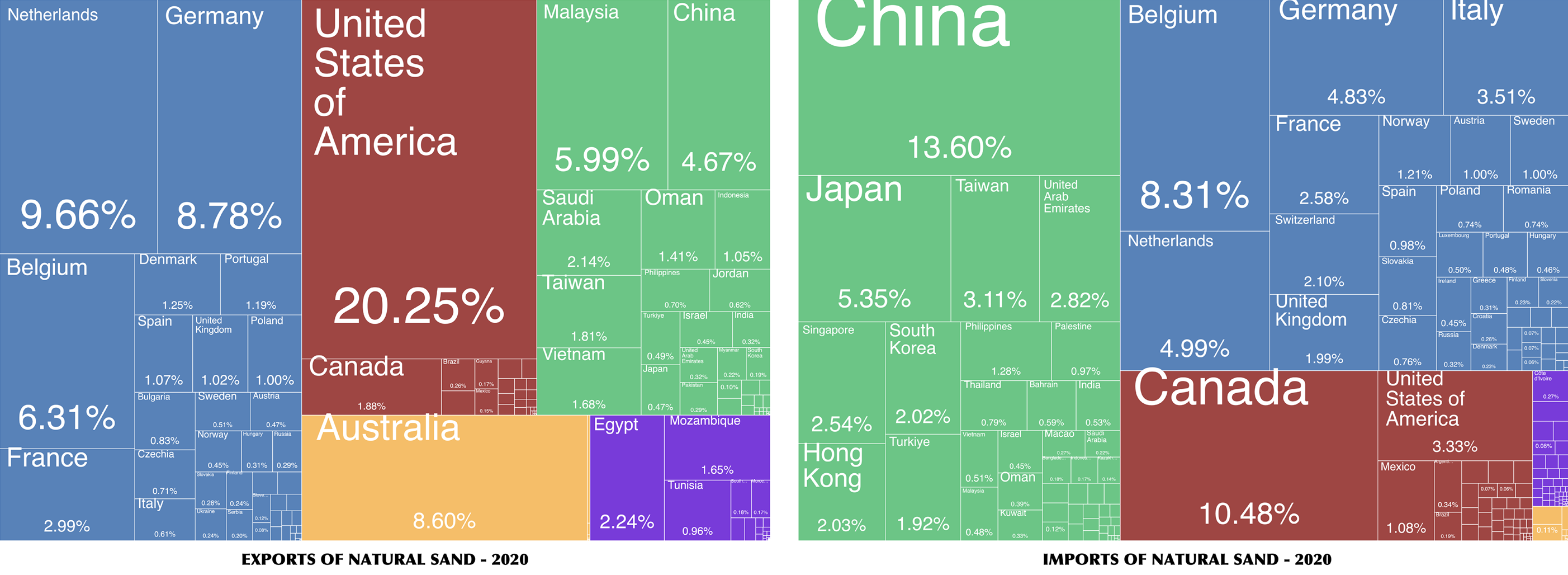
Global sand trade figures don’t add up – Beneath the Sands ERC
On March 17, more than 120 tons of sand packed into drums was loaded onto the Basle Express, a container freight ship more than three soccer fields long. The ship was docked in one of America’s major ports, Savannah, Georgia, in the Southeast region of the country.
The shipment itself was not remarkable — except for how it is emblematic of the international sand trade, highlighting the type of sand that attracts foreign buyers, the countries that are buying and those that are selling…

